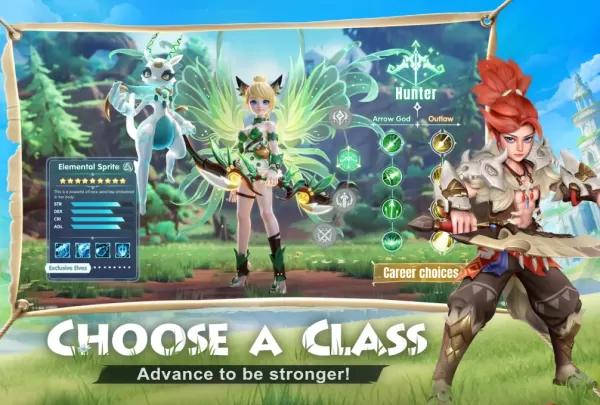Microsoft's strategy of launching games across multiple platforms is clearly yielding impressive results, as evidenced by their strong performance on the PlayStation 5, Xbox Series X and S, and PC. Sony's PlayStation blog post for April 2025 highlights the success of Microsoft's titles on the PS5, with the top-selling non-free-to-play games in the U.S. and Canada being The Elder Scrolls IV: Oblivion Remastered, Minecraft, and Forza Horizon 5. Similarly, in Europe, Forza Horizon 5 led the charts, followed by The Elder Scrolls IV: Oblivion Remastered and Minecraft.
Microsoft's influence extends beyond these titles. Clair Obscur: Expedition 33, backed by Microsoft for a day-one Game Pass launch and showcased in Xbox broadcasts, also ranked highly in both regions. Additionally, Call of Duty: Black Ops 6 from Microsoft-owned Activision and Indiana Jones and the Great Circle from Microsoft-owned Bethesda made significant appearances on the charts.
These achievements underscore a simple truth: quality games from any developer, including Microsoft, can dominate sales charts. It's no surprise to see these titles excel on PlayStation, especially given the anticipation for games like Forza Horizon 5, which filled a void for a high-quality racing experience on the PS5. The Elder Scrolls IV: Oblivion Remastered caters to the demand for Bethesda's immersive worlds across PC and console, while Minecraft's popularity has surged further thanks to the viral success of its movie.
Microsoft's approach to multiplatform releases is becoming the new standard, as evidenced by their recent announcement of Gears of War: Reloaded for PC, Xbox, and PlayStation in August. The iconic Halo series, once an Xbox exclusive, seems poised to follow suit. Microsoft's gaming chief, Phil Spencer, confirmed last year that there are no "red lines" in their first-party lineup, suggesting that even Halo could go multiplatform. Spencer emphasized the business rationale behind this strategy, aiming to increase revenue following the massive $69 billion acquisition of Activision Blizzard.
Spencer has articulated that the multiplatform push is part of a broader strategy to strengthen Microsoft's gaming business, stating, "We run a business... It's definitely true inside of Microsoft the bar is high for us in terms of the delivery we have to give back to the company." This approach reflects a commitment to expanding their platform across console, PC, and cloud services.
Former Xbox executive Peter Moore suggested that the potential revenue from bringing Halo to PlayStation would be a significant factor in Microsoft's decision-making. He noted, "If Microsoft says, wait, we're doing $250 million on our own platforms, but if we then took Halo as, let's call it a third-party, we could do a billion... You got to think long and hard about that, right?"
However, this strategy could provoke backlash from dedicated Xbox fans who feel that the console's value is being diluted by a lack of exclusives and Microsoft's broader marketing approach. Moore acknowledged this potential reaction but emphasized that Microsoft must prioritize business decisions that shape the future of gaming, stating, "Those hardcore are getting smaller in size and older in age. You've got to cater to the generations that are coming through, because they're going to drive the business over the next 10, 20 years."








